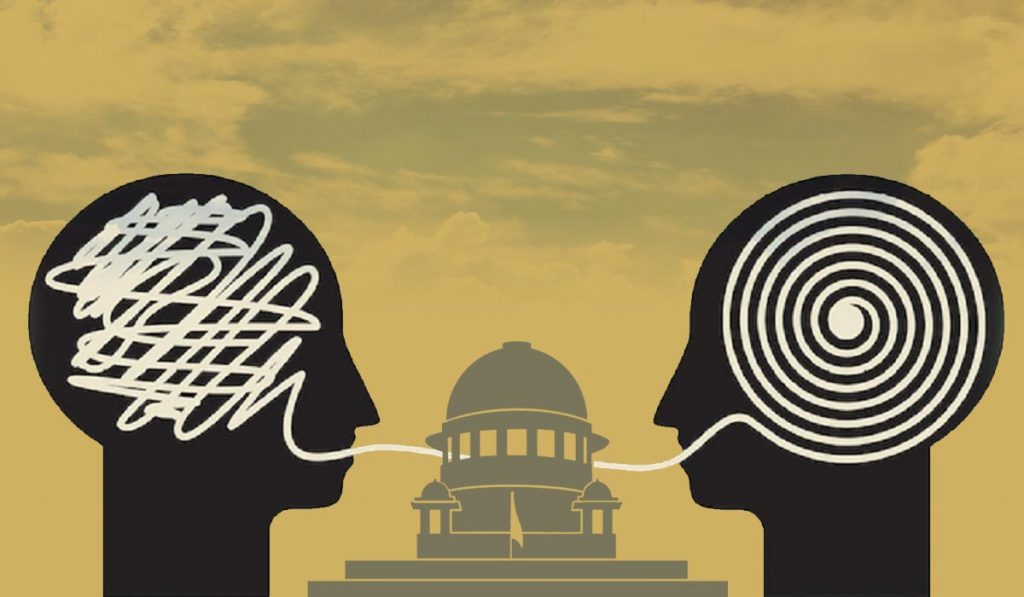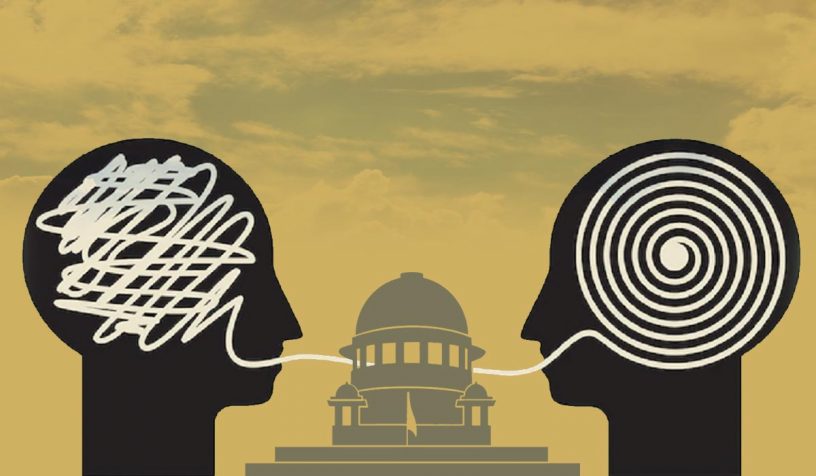
The researcher maps the uncertain landscape of the Indian Supreme Court’s use of “jurisprudence” and jurisprudence’s relationship with statutory interpretation.
Authors:
Prabhakar Singh, Professor, Jindal Global Law School, O.P. Jindal Global University, Sonipat, Haryana, India.
Summary:
What methods, if at all, do Indian judges deploy in their law reading? In their abundant references to the term “jurisprudence”, the Indian judge gives neither precise meanings nor methods to ascertaining what is jurisprudence; the judges declare when purposively breaking new grounds, or, the state constitutively roots for a strict, even a conservative, reading of its will and legislative intention.
Judges while read penal and taxation statutes strictly, at the Indian Supreme Court the ‘ends of justice’ clearly override, as it should, positivist interpretations.
The legislature and the executive therefore tolerate the Supreme Court’s purposive reading down of the colonial statutes, just as, conversely, they reject the Court’s ‘reading down and reading wide’ of politically sensitive public law statutes to defend their postcolonial intent. I aim to map the uncertain landscape of the Indian Supreme Court’s use of “jurisprudence” and jurisprudence’s relationship with statutory interpretation.
Published in: Statute Law Review
To read the full article, please click here


